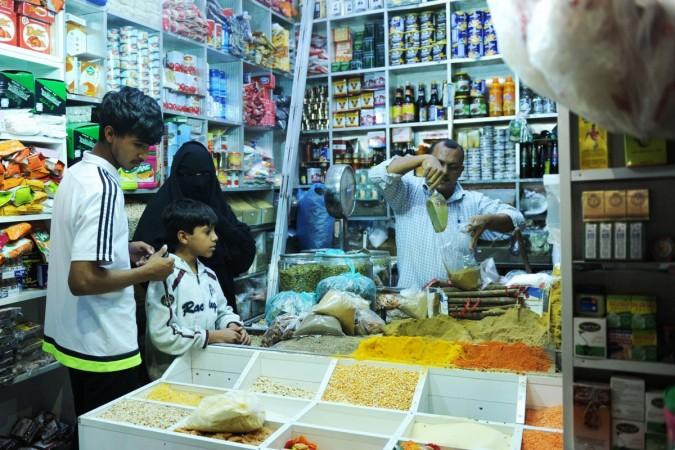
Talk about 'Saudization' of jobs in the Kingdom of Saudi Arabia have again picked up pace. The Kingdom, which employs hundreds of thousands of Indians, has been on a drive to curtail expatriate work forces in various key sectors.
The latest reports say Riyadh is likely to roll out Saudization in the grocery sector to save literally balloons of Rials each year.
Grocery is one job sector that's predominantly run by expatriates from India. Targeting this sector would directly impact the remittances to India and render tens of thousands of expatriates, mostly those from Kerala, jobless.
Drop in remittances
Citing economic experts, Saudi Gazette reported that limiting expatriate jobs in the grocery sector will lead to a drop in annual remittances to the tune of SR6 billion.
The nationalization of work in the groceries would create more than 35,000 jobs for Saudi nationals, the report added. Saudi Arabia is in the throes of a much-needed economic diversification that will ensure jobs to millions of its people. It's important for Riyadh to wean citizens away from government payouts.
Many Saudis in the employable category see government jobs as an entitlement. Riyadh's inability to offer gainful employment to its burgeoning young population will spell doom for the tightly held benevolent monarchy model of governance.
Prominent economist Luai Tayyar said 'gradual nationalization' of jobs in the groceries shod be implemented until targeted rate of 100 percent is reached.
"It might not be possible to replace expatriates working in the groceries by 100 percent during the initial years, especially those in the remote areas, due to their large number and the different sizes of shops they serve," he said.
He added that more than 160,000 expatriates worked in grocery stores around the country.
Remittances from Saudi Arabia has been on a steady decline ever since the government rolled out various restrictions for expatriate workers.
Over the years, many job sectors have been reserved for Saudi nationals. While expatriate work forces in these sectors have been pared down in these sectors, the government has been adding new sectors to the list.
In August this year, the government added 19 more job titles to the banned list. These included jobs such as administrators at government and private sector companies, HR heads, directors of labour and personnel department, employment clerk, time-keeper, receptionist in hotels, hospitals etc, and cashiers and typists, according to Albawaba.
Saudi Gazette reported that foreign remittances by expatriate workers dropped by nearly 17 percent in June 2018 compared with the previous mpnth.









